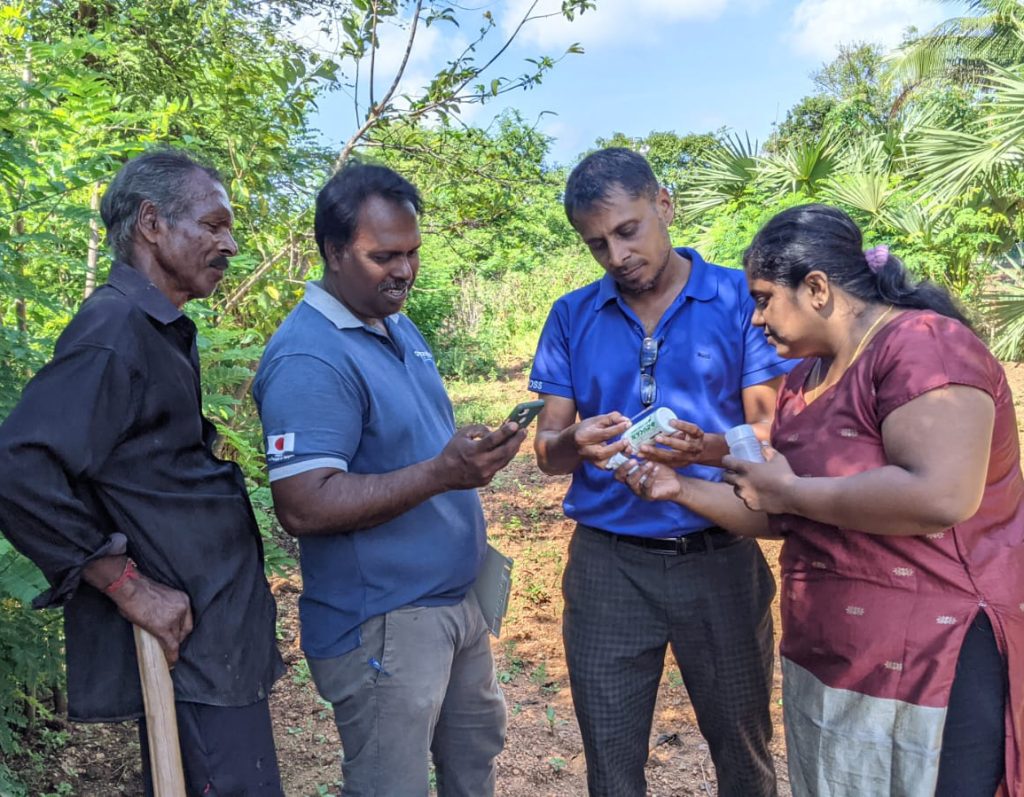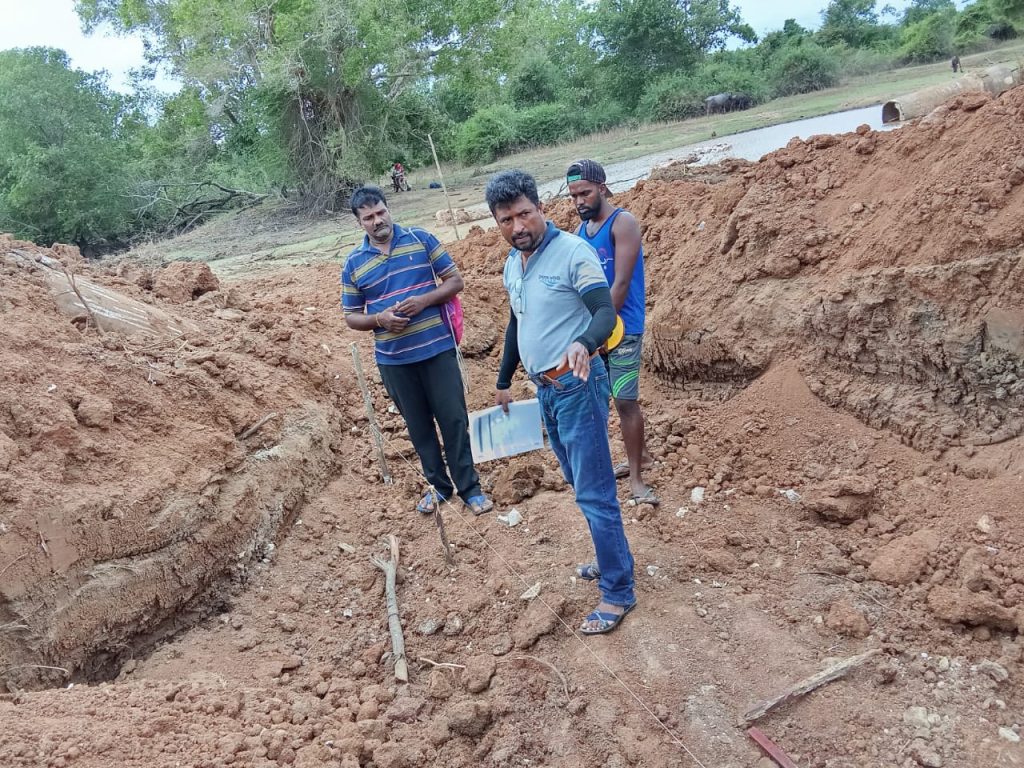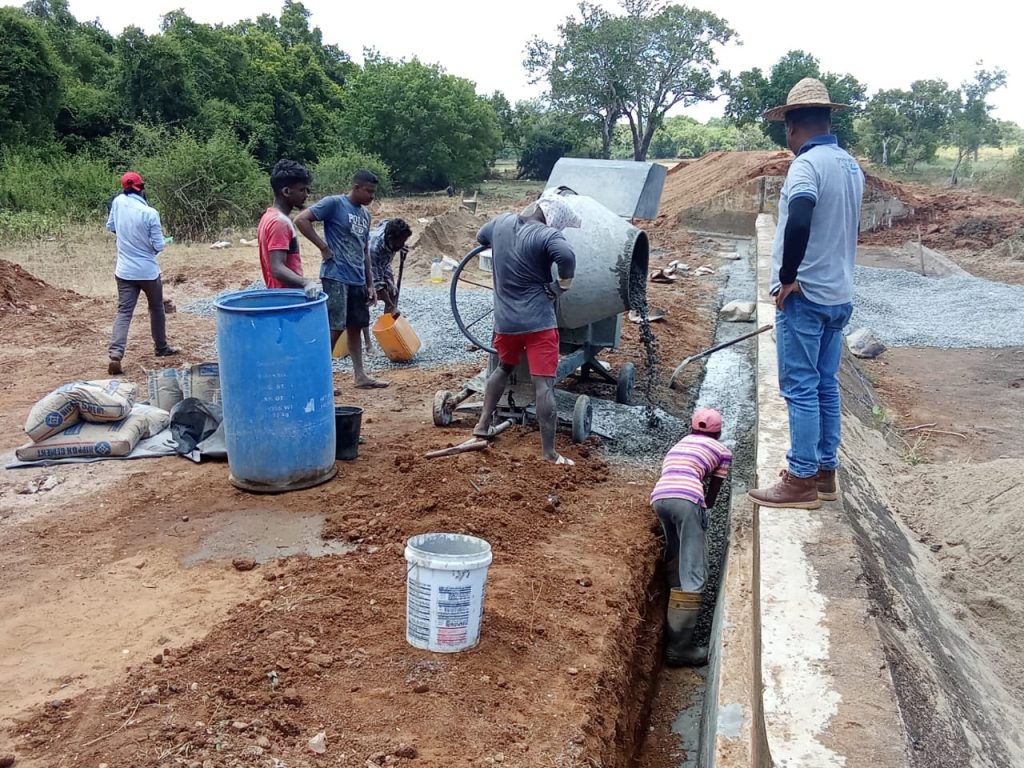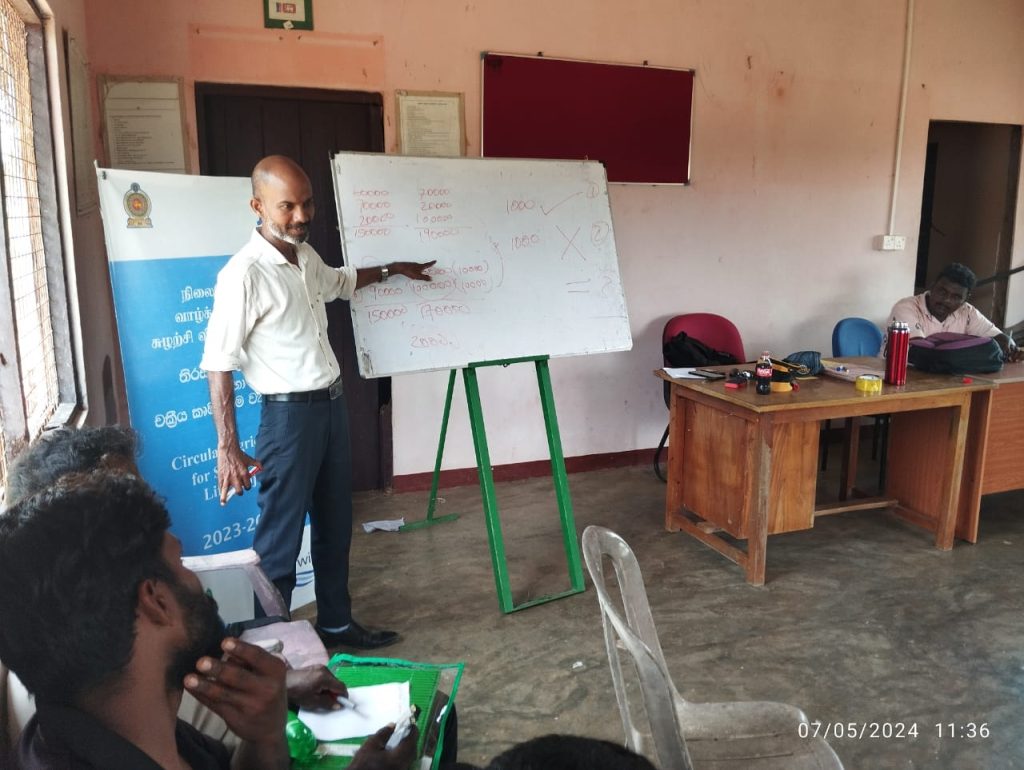Agriculture Support for Vulnerable Families in Sri Lanka
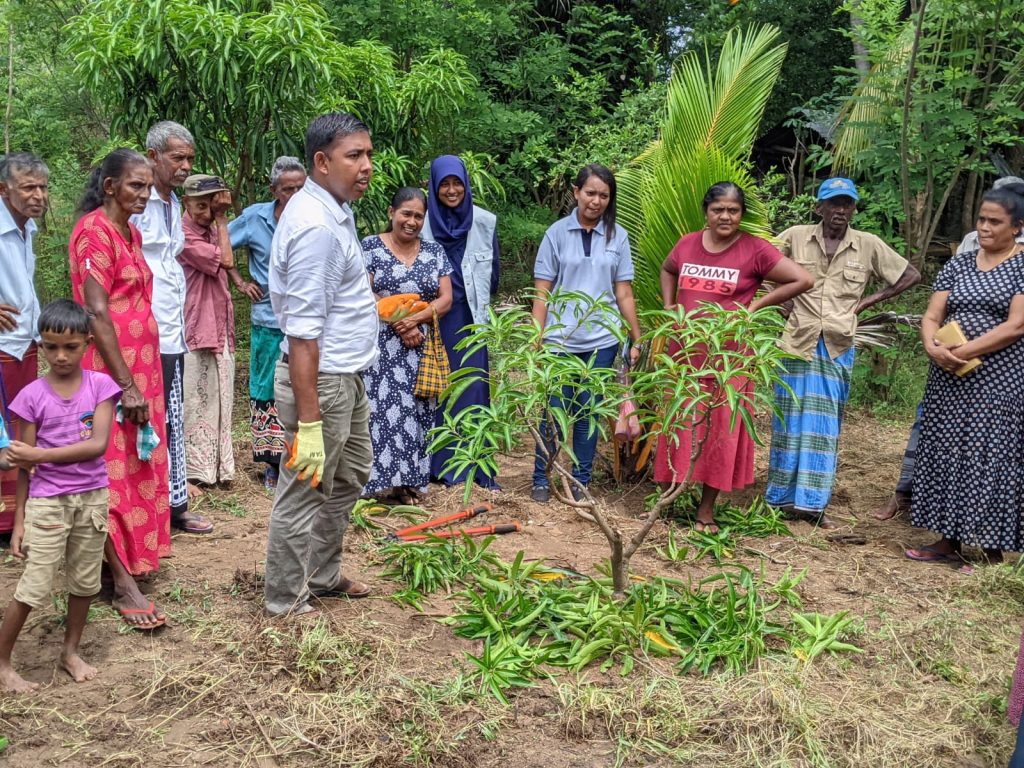
Sri Lanka’s economic situation has improved in many ways since the economic crisis began in 2022. Shortages of food, fuel, and medications have largely subsided, and inflation, which once peaked at about 70%, is now in the single digits. However, the cost of living remains high, and wages have not kept pace with the need. This makes life especially difficult for poor families who often work as day laborers.
In April, Peace Winds began a new initiative to support farmers and day laborers in Mullaitivu, a small town in northeastern Sri Lanka. This area has one of the highest poverty rates in the country. Factors such as the coronavirus pandemic, the economic crisis, and the high cost of chemical fertilizers have hit Mullaitivu’s farmers hard. Over the next several months, Peace Winds will work with farmers to rehabilitate small agricultural reservoirs. This will allow them to store more rainwater and use it efficiently for rice cultivation. Daily-wage farmers who do not own rice fields will also receive support for poultry farming and home gardening, increasing their food self-sufficiency.
In addition to our work in Mullaitivu, Peace Winds is partnering with the Department of Agriculture, Trincomalee to offer circular agriculture training for farmers in Trincomalee. The goal of the courses is to help participants increase profits and production while spending less money and fewer resources on chemical fertilizers and pesticides. A number of experts from the local government have already provided consultations and taught courses on subjects such as tree pruning, which ultimately helps increase production. Peace Winds also provides consultations that help farmers learn to use soil diagnostic kits and thermometers to improve soil conditions and troubleshoot common problems found on farmland.
Through May of this year, the agriculture training program also included a basic accounting course. Many Sri Lankan farmers do not keep records of their expenses and profits, and they often fail to account for their expenses when it comes to calculating their income. Peace Winds’ courses helped participants work through real-life scenarios so they can keep better ledgers for their own profits.
Some farmers can feel reluctant to learn and implement new habits before they begin the training. However, once they get the hang of the material and see its value, participants say they are grateful for what they’ve learned from their instructors.
Peace Winds’ programming in Sri Lanka is made possible by funding from the Japan International Cooperation Agency, Japan’s Ministry of Foreign Affairs, and by contributions from our donors. Peace Winds continues to raise funds for the agricultural training program, and we thank you for your generous support. Please click here to make a donation to this program.
